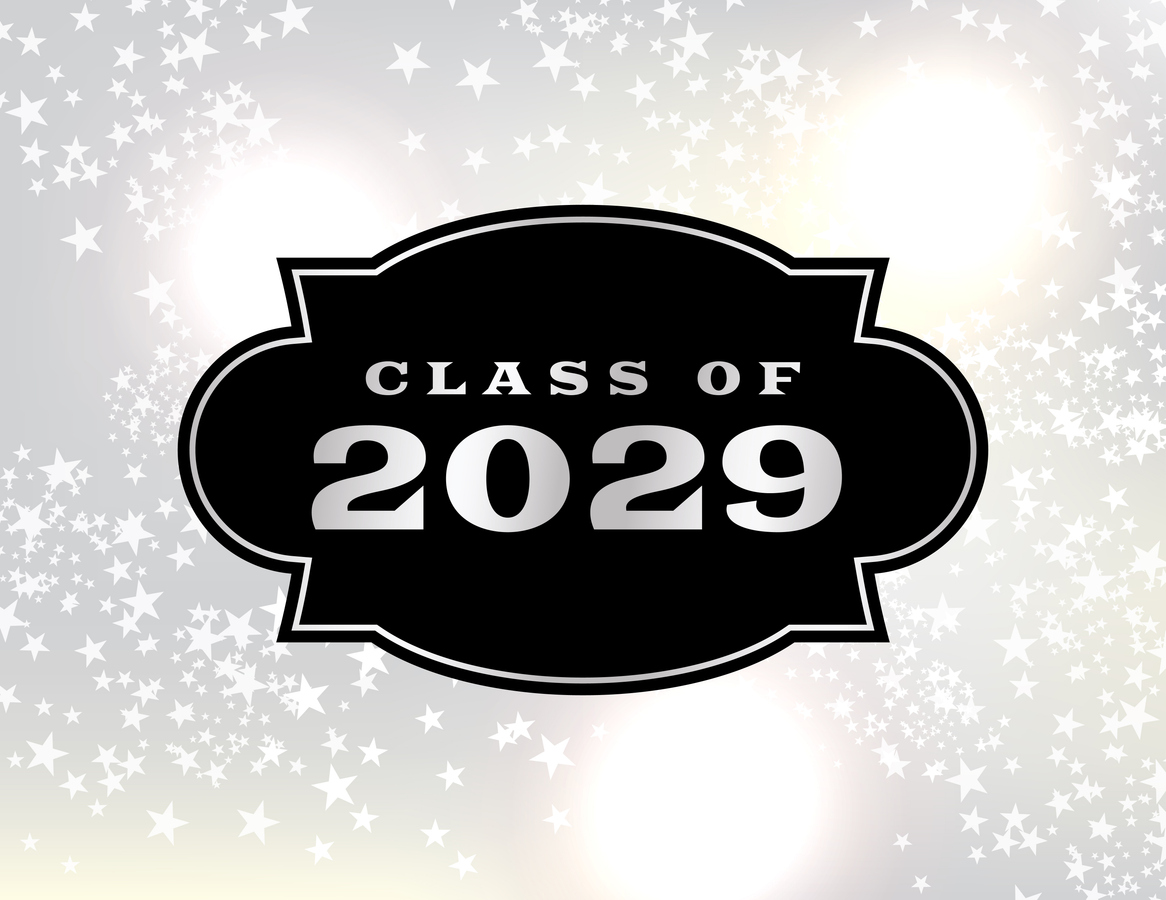
Why Apply to Vanderbilt University?
By
August 8, 2025
•
2
min read
Share this Article
Simply highlight text to share on social or email
Founded in 1873 and located in the heart of Nashville, Tennessee, Vanderbilt University is a private research institution known for its rigorous academics, vibrant student life, and generous financial aid. While its SEC athletics, urban campus, and musical city backdrop help define the student experience, Vanderbilt stands out most for its culture of collaboration—balancing elite performance with a friendly, inclusive community.
With about 7,100 undergraduates and a student-faculty ratio of 7:1, Vanderbilt blends a large research university’s resources with a liberal arts college’s intimacy. If you’re looking for academic flexibility, top-tier faculty access, and a true residential experience, here’s why Vanderbilt might be your perfect match.
What Is Vanderbilt Known For?
Vanderbilt is consistently ranked among the top 20 national universities, offering over 70 majors and 60+ minors across four undergraduate schools:
- College of Arts and Science
- School of Engineering
- Peabody College of Education and Human Development
- Blair School of Music
You can apply directly to the school that best fits your interests—or explore across all four. Are you the kind of student who has varied academic interests and passions? No problem! Vanderbilt allows students to double major across colleges, making it ideal for interdisciplinary thinkers (e.g., Computer Science + Human and Organizational Development or Violin Performance + Neuroscience).
What Makes Vanderbilt Academically Distinct?
The Immersion Vanderbilt Program:
Immersion Vanderbilt is a university-wide requirement and signature academic experience. Every student must complete a culminating project related to research, creative expression, international experience, or civic engagement. You might conduct neuroscience research in a faculty lab, design a nonprofit initiative, or write a short story collection. Projects are student-designed, supported by faculty mentors, and publicly presented at the end of your undergraduate career.
Flexible Curriculum and Interdisciplinary Study
There’s no universal core curriculum at Vanderbilt. Instead, students complete distribution requirements in varied areas (humanities, social science, natural science, math, and global perspectives) but can tailor their path extensively. Many combine majors across schools, and minors and second majors are common—even encouraged.
Undergraduate Research Across All Fields
Over 50% of students participate in research, often starting in their first or second year. From biomedical engineering to ethnomusicology, research is open to all majors. Programs like the Vanderbilt Undergraduate Summer Research Program (VUSRP) and SyBBURE Searle System Biology Fellowship support immersive, paid opportunities.
Supportive Teaching Culture
With small class sizes (average class size is just 13 students!) and high faculty accessibility, students regularly engage with professors outside the classroom—whether through office hours, mentorship, or immersion projects.
What’s Student Life Like at Vanderbilt?
A Residential Campus in the Heart of a City
Vanderbilt guarantees four years of housing and operates a unique system called The Martha Rivers Ingram Commons, which houses all first-years in ten connected residential houses, each led by a Faculty Head of House. This structure builds community while easing the transition to college. After your first year, you’ll join one of Vanderbilt’s upper-division residential communities such as Warren, Moore, or E. Bronson Ingram College.
Campus Culture: Smart, Driven, Friendly
Vanderbilt students are often described as high-achieving but unpretentious. The culture is less cutthroat than peer institutions and values balance: students work hard, but also make time for social life, music, service, and SEC sports. From dance troupes to entrepreneurship clubs to student government, there are over 500 student organizations to join.
The Power of Place: Nashville
Vanderbilt’s location in Nashville—just a mile from downtown—adds an energetic, urban dimension to student life. Students intern with music labels, shadow doctors at Vanderbilt Medical Center, volunteer at local nonprofits, or just enjoy live music on weekends. The city’s mix of Southern charm and cosmopolitan energy makes it a major draw for applicants.
How Does Financial Aid Work at Vanderbilt?
Through Opportunity Vanderbilt, the university is committed to need-blind admissions and meeting 100% of demonstrated need for all admitted U.S. students—without loans. This makes Vanderbilt one of the few elite schools with a no-loan policy, ensuring affordability for middle- and lower-income families.
Here’s how it works:
- Families earning under $60,000 typically pay nothing.
- Families earning under $150,000 often receive significant aid.
- All aid is grant-based (not loans) and does not require separate merit-based scholarship applications.
Who Gets Into Vanderbilt?
Vanderbilt’s admissions process is highly selective—acceptance rates have hovered between 5% and 7% in recent cycles. But numbers alone don’t tell the whole story.
What Vanderbilt Looks For:
- Academic rigor and strong performance in high school
- Passion, initiative, and impact outside the classroom
- Curiosity across disciplines
- Collaborative spirit and kindness
Vanderbilt doesn’t require interviews, and test-optional policies remain in place for 2025–2026, though high scores can still strengthen an application if submitted.
What Are the Vanderbilt Supplemental Essays?
The 2025–2026 Vanderbilt supplemental prompt is the following:
Vanderbilt University’s motto, Crescere aude, is Latin for “dare to grow.” In your response, reflect on how one or more aspects of your identity, culture, or background has played a role in your personal growth, and how it will contribute to our campus community as you dare to grow at Vanderbilt.
This prompt invites you to show not just who you were—but who you’re becoming. Reflection, specificity, and forward-looking contribution (specifically to your future time at Vanderbilt) are key.
Essay Strategy:
- Start with a vivid identity snapshot.
- Describe a moment of meaningful growth tied to that identity.
- Connect that growth to a tangible contribution at Vanderbilt (campus group, lab, creative endeavor).
- Be concise, authentic, and intentional.
When Are the Application Deadlines?
- Early Decision I: November 1
- Early Decision II: January 1
- Regular Decision: January 1
- ED Notification Dates: Mid-December (ED I) and mid-February (ED II)
- RD Notification: Late March
Vanderbilt’s Early Decision programs are binding and offer a significant admissions advantage: the ED admit rate is considerably higher than RD.
Final Thoughts: Should You Apply to Vanderbilt?
If you’re looking for a school that combines Ivy League academics with a collaborative student culture, a vibrant campus in a major city, and unmatched financial aid, Vanderbilt deserves a close look. You’ll be challenged academically, but supported by peers, professors, and resources designed to help you thrive.
It’s the rare university where balance—between work and play, ambition and empathy—isn’t just possible. It’s expected.
Need help crafting your perfect Vanderbilt application?
At AtomicMind, our experienced advisors help students create standout personal statements, build smart application strategies, and write powerful supplemental essays that showcase what really matters. Whether Vanderbilt is your top choice or one of many on your list, we’ll help you position yourself with clarity, depth, and strategy.

About the Author: Dylan is a Head Advisor at AtomicMind based in Southern California. He graduated from Stanford University with a major in International Relations and a minor in French. His passion for learning and education shaped his current endeavor of helping students design their own unique path to college, which he does in addition to his hobbies of hiking, traveling, and reading.

Share this Article



